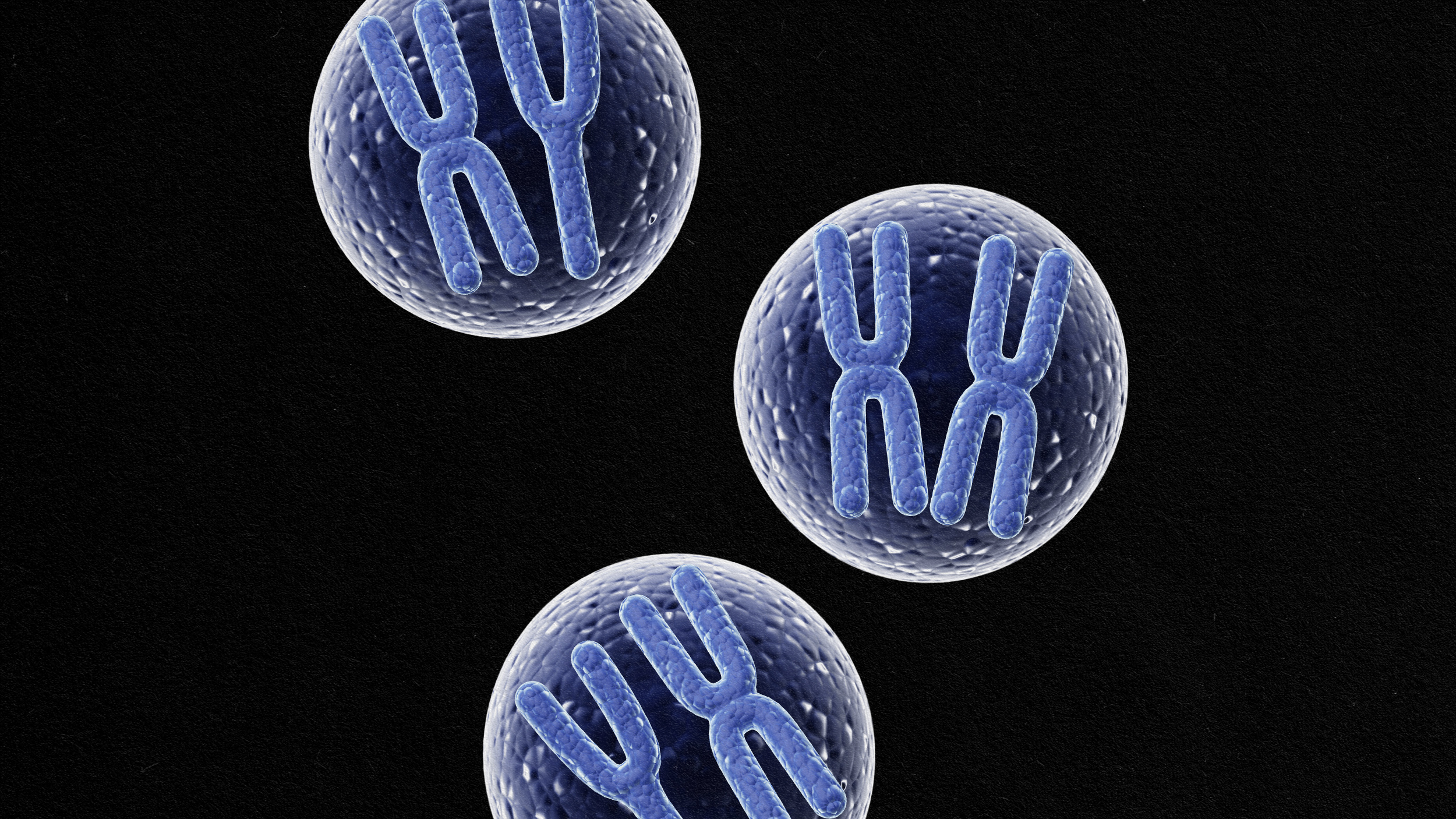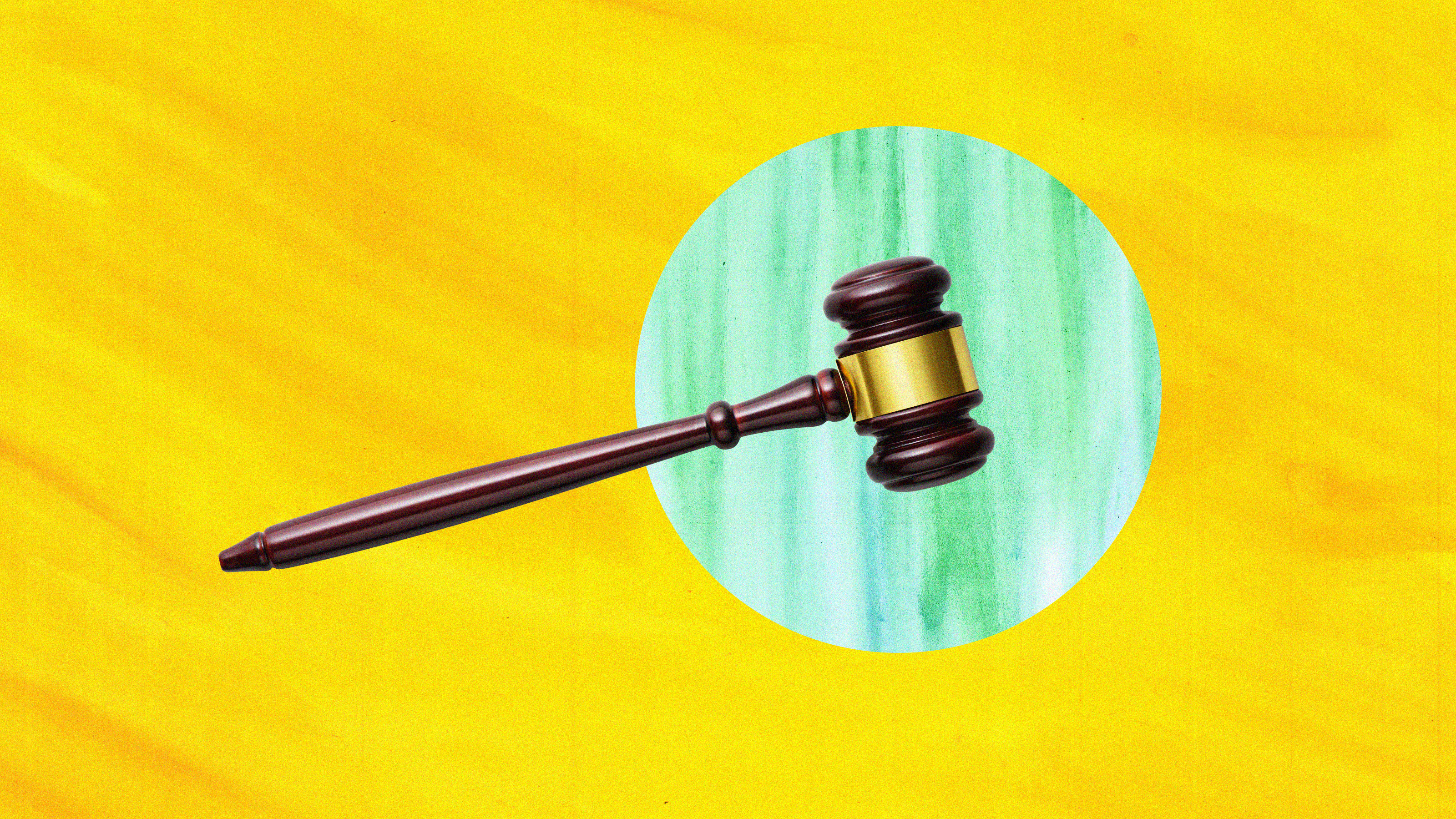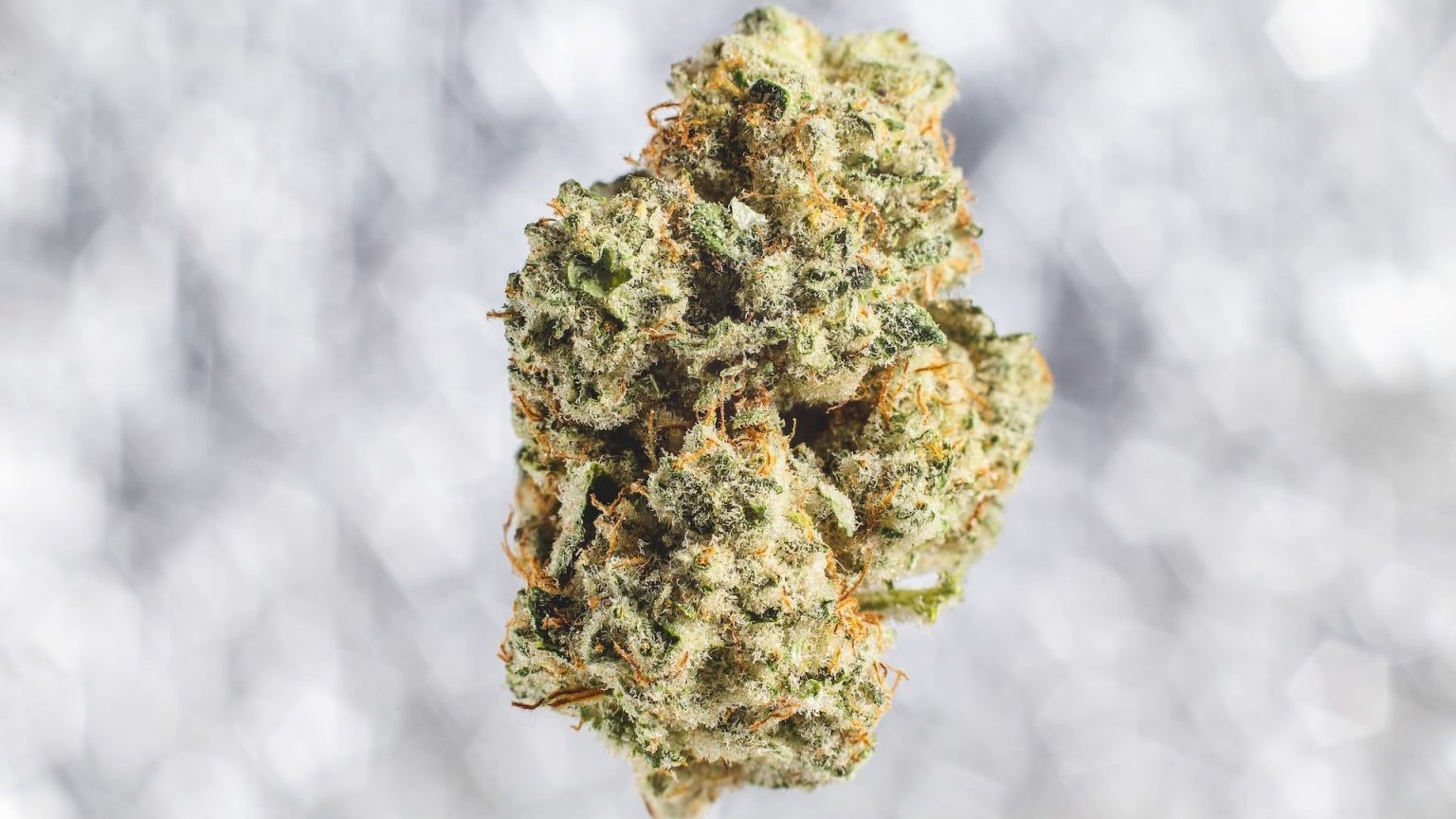Cannabis may boost perceptual reasoning in teenage brains, researchers say

Photo credit: MIGUEL MEDINA / AFP / Getty Images
- Occasional use, defined as once or twice, can actually increase grey matter volume.
- Unfortunately, anxiety is also increased.
- 35 percent of 10th graders have experimented with cannabis.

Medical Marijuana Patient Battles Cancer. Photo credit: Justin Sullivan/Getty Images
It’s all about the Gray Matter Volume (GMV)
Occasional cannabis use by teenagers can actually expand the structure of certain regions of the brain, a study published in the Journal of Neuroscience on January 14 illustrates.
“Occasional” cannabis use is defined as using the substance once or twice, rather than regularly. From the report: “We identified extensive regions in the bilateral medial temporal lobes as well as the bilateral posterior cingulate, lingual gyri, and cerebellum that showed greater GMV in the cannabis users.”

Photo credit: FRED TANNEAU / AFP / Getty Images
What does it mean?
Increased brain volume in those regions is associated with an increase in performance on tests related to perceptual reasoning, but also — notably — an increase in generalized anxiety symptoms.
(And as anyone who’s consumed too many edibles or smoked too much of a strong weed strain can attest to, the increased anxiety struggle is real.)
Because at least 35 percent of U. S. 10th graders have reported using cannabis, and that number goes up with each grade, the long-term study of neurocognitive effects are very much worth studying in depth.

Photo credit: Marco Di Lauro / Getty Images
Some studies have already shown that heavy cannabis usage by young people can impair their memory as their brains mature. The effect appears to be permanent, as it’s occurring while the brain is developing and growing.
Other studies have looked at whether or not cannabis usage by teens can create conduct problems; in fact, the reverse is indicated. In other words, those who already have conduct problems gravitate toward cannabis usage.
Some may be self-medicating, as well — which begs the question: If they don’t have access to cannabis, are heavier-impact pharmaceuticals or alcohol more likely?

Photo credit: Taylor Weidman / Getty Images
Indeed, in various tests on rats, exposure to THC during puberty increases cognitive difficulties as those animals mature. And others have shown not nearly as much of an effect.
As more states legalize cannabis for both medical an recreational usage, which by definition will increase access to it, this study illustrates a clear need for even more research of cannabis effects on growing brains.





